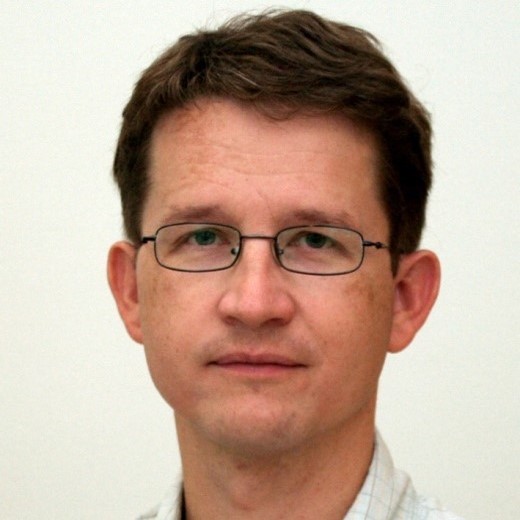
GASEOUS BIOFUELS
Alternative biofuels might be produced from renewable energy sources, such as Sun energy. The light can be directly utilized for photobiohydrogen evolution or can be converted into biomass,
e.g. energy plants, biowastes. The organic wastes might be used for evolution of either hydrogen or biogas via dark anaerobic fermentations.
Biogas
Biogas production is a complex anaerobic digestion process involving the concerted action of many microbes via numerous consecutive biochemical reactions with branching points, competing routes.

The aims of our research are to understand the whole metabolic network of the fermentation processes at molecular and system level and to utilize this information for intensification of biogas production. Chemical, microbial and metagenomic techniques are used for monitoring the chemical and microbial changes during the processes. This knowledge might be utilized for designing novel biotechnological approaches for economic, storable biofuel production.
BIOREMEDIATION
Green biofuels can be generated from hazardous wastes, as well. We could successfully combine the bioremediation processes with gaseous fuel generation. This research was expanded with studying the bioremediation of oils, unctuous wastes, (substituted)
aliphatic and aromatic hydrocarbons under aerobic and anaerobic conditions. Several biological tools were developed for neutralization of hazardous wastes, including both oily and drug pollutants. The biochemical events of the conversion of various contaminations are mapped by conventional and high-throughput approaches, such as genomics, transcriptomics, metagenomics, metatranscriptomics.

Resuscitation of viable but not culturable (VBNC) bacteria for environmental purposes. The success of bioremediation depends heavily on the survival and activities of indigenous microbial communities and their interaction with the externally introduced
microorganisms. The majority of natural microbiomes remain uncultivated; therefore, further investigations focusing on their intrinsic functions in ecosystems are needed. In the project, the environmental potential of the dormant (VBNC) bacteria is exploited via various resuscitation factors leading to the identification of novel culturable microbes and metabolic routes for environmental/industrial applications.

PHAGE THERAPY – BIOCONTROL AGENTS
Pathogen microbes might be considered as hazardous biopollutants. Phage therapy studies were recently initiated in our lab for elimination of pathogen microbes using their natural enemies, bacteriophages. Bacteriophages are very potent alternatives of
antibiotics, since they might have pharmaceutical, food safety, environmental and commercial applications. Phages against human, animal and plant pathogenic microbes are isolated and characterized by genomic and microbiological methods. Their applications as selective and efficient biocontrol agents are developed. Furthermore, the formation of phage resistances and novel phages against the previously resistant hosts is also studied. The topic has recently been extended to other antimicrobial/antifungal agents by investigating antimicrobial/antifungal peptides of bacterial and/or fungal origin.

REDOX ENZYMES OF PHOTOTROPHIC BACTERIA: SULFIDE:QUINONE OXIDOREDUCTASES
Sulfide oxidation is catalyzed by ancient membrane-bound sulfide:quinone oxidoreductases (SQR). For sulfide oxidation, all SQRs require FAD cofactor and a redox- active centre in the active site, usually formed between conserved essential cysteines.
The photosynthetic purple sulfur bacterium, Thiocapsa roseopersicina contains a type VI SQR enzyme (TrSqrF) having unusual catalytic parameters and four cysteines presumably involved in the catalysis. The aim of the project is to get deeper insight into the structure-function relationship and physiological functions of novel types of SQRs


Principle Investigator

Research fellow
 Gábor RÁKHELY †
Gábor RÁKHELY †
|
Principle Investigator | publications | CV |
 András TÓTH
András TÓTH
|
Research fellow | publications | CV |